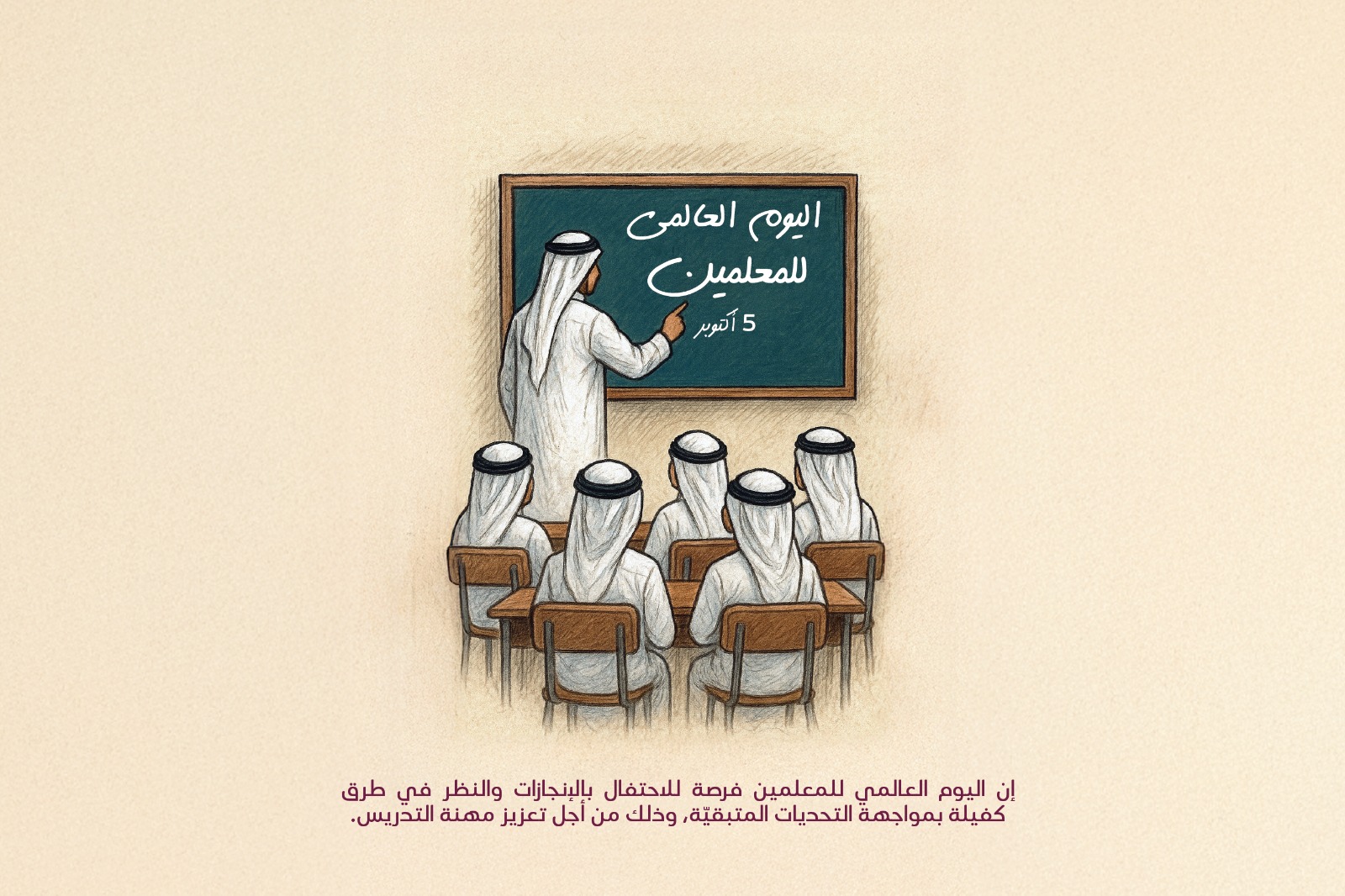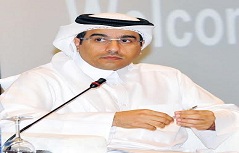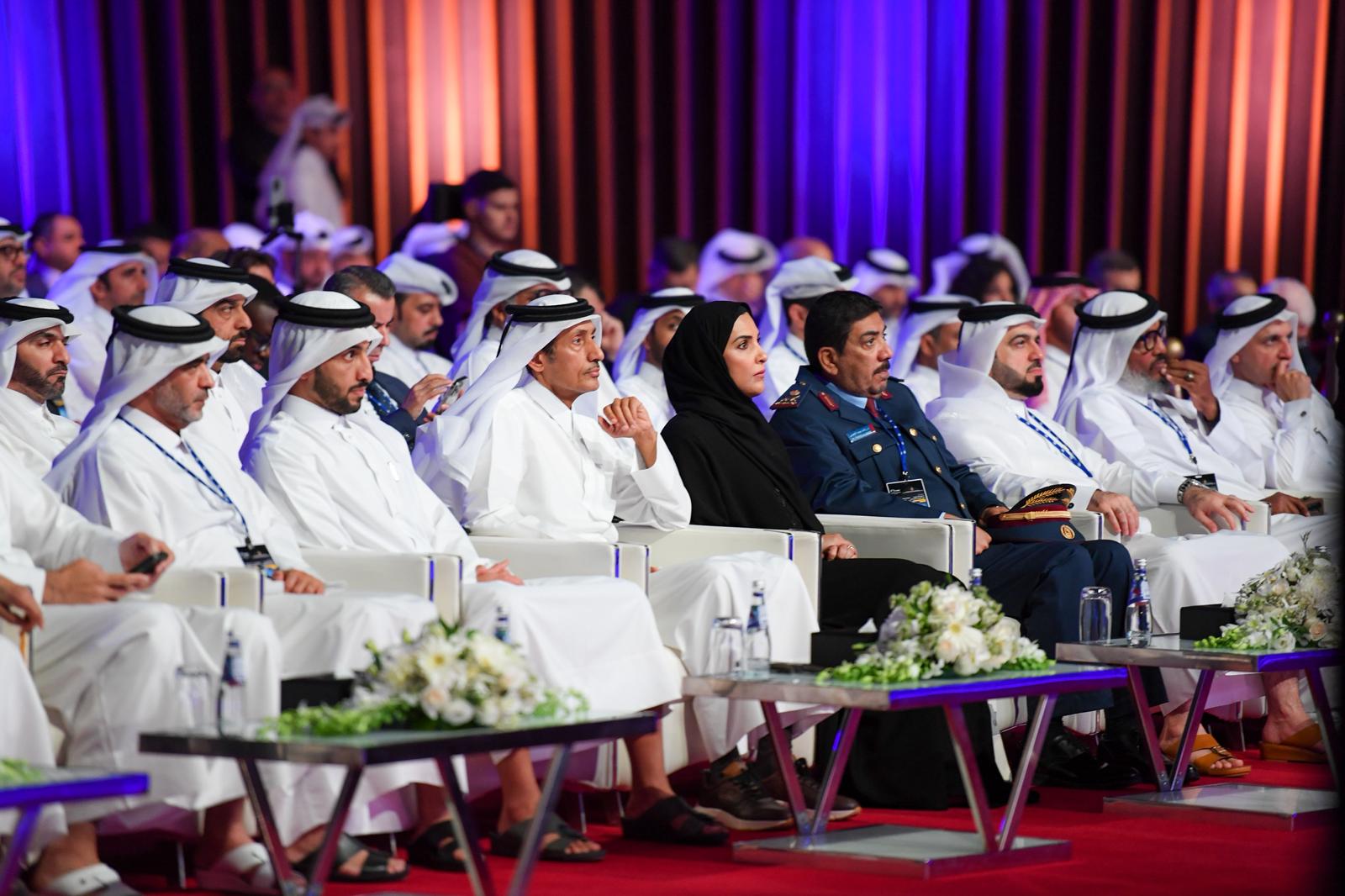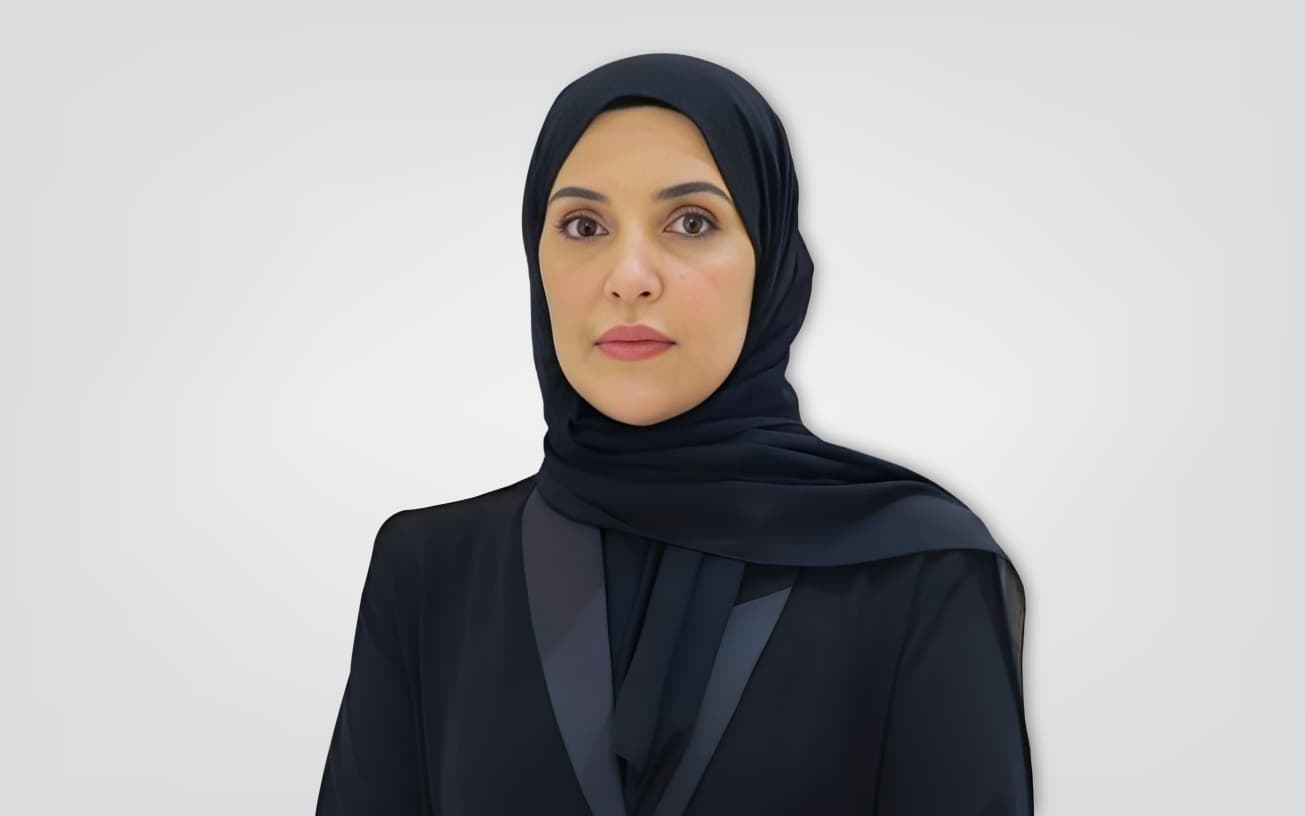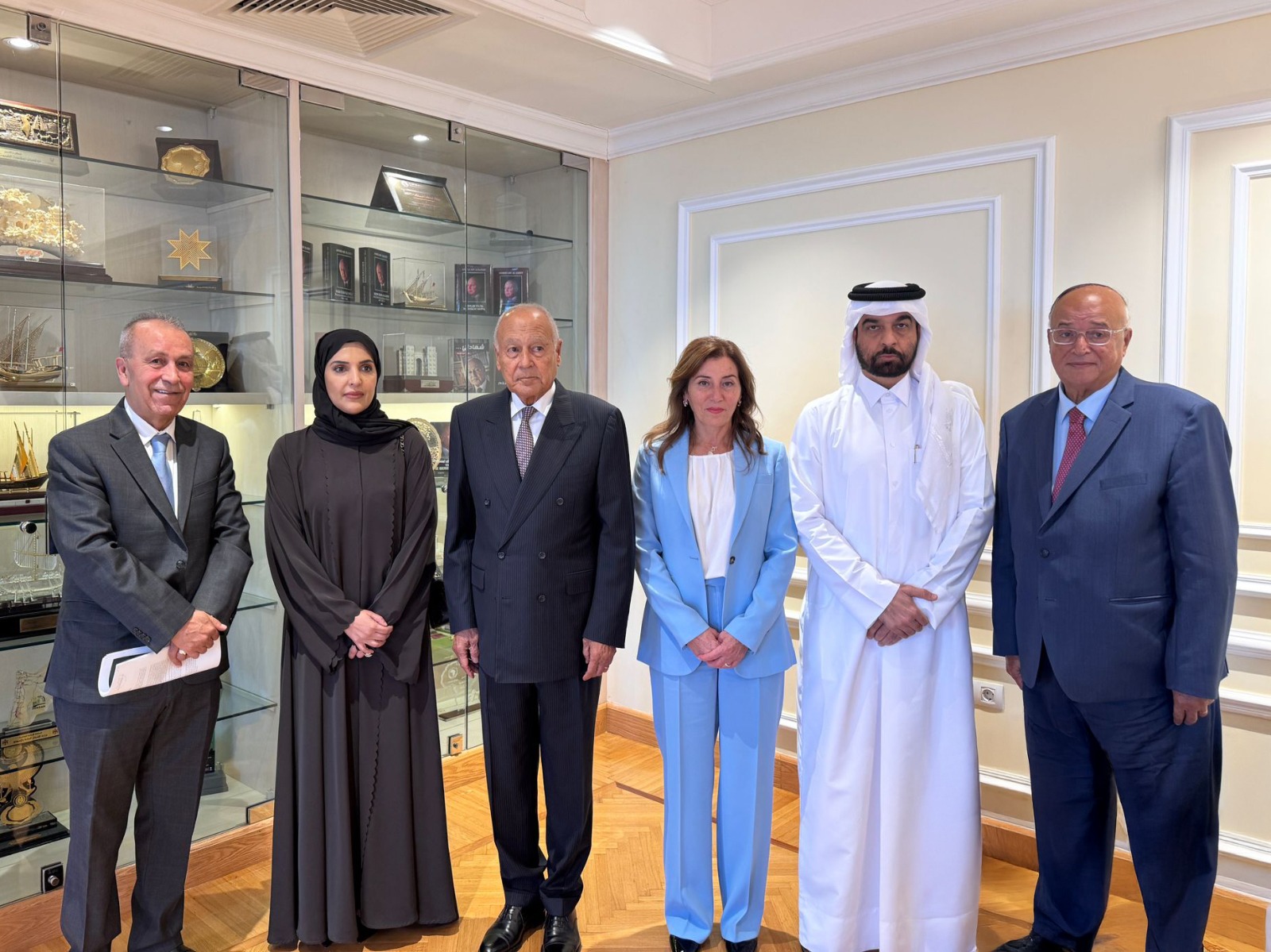الرجوع الى الأخبار
Dr. Al Marri, the president of the Asia Pacific Forum presented a working paper in the Global Forum on Human Rights in Morocco
The National Human Rights committee represented by Dr. Ali bin Smaikh Al Marri, the chairman of the NHRC, participated at the second session of the Global Forum for Human Rights, which is hosted by Morocco at Marrakech, with the participation of 94 countries and 5,000 participants as well 100 human rights institutions from around the world.
Dr. Al Marri presented a working paper at the forum as the president of the Asia Pacific Forum of National Human Rights Institutions (APF) which discussed the initiative launched by the Forum since 2008 with the support of the International Coordinating Committee (ICC), on activating the role of national institutions in the Commission on the Status of Women (CSW) which is one of the bodies and mechanisms of the United Nations, and an important hub for the subject of the meeting, which aims to focus on the efforts and achievements made by the national institutions with the United Nations General Assembly.
Al Marri stated that despite the importance of the role of national institutions in protecting and promoting the rights of women, NHRIs do not have standing in their own right to participate in meetings of the CSW and can only attend as part of their country’s government delegation, if they are invited, or if an invitation is not forthcoming, NHRIs may consider registering with an ECOSOC-accredited NGO (which have much more limited access than government representatives). Neither option appropriately reflects the independent status of NHRIs, yet they are currently the only two available options. Consequently, NHRIs do not have their own separate accreditation badges, separate seating, nor can they submit documents or make oral interventions at CSW. On the contrary, NHRIs have independent participation status with other UN human rights bodies including all human rights treaty bodies and the Human Rights Council. That's why Lobbying efforts by NHRIs come to request issuing a decision to allow NHRIs to participate in the CSW independently of governments.
Al Marri added that the participation of National Institutions accredited status(a) in the Commission on the Status of Women is of a great importance because NHRIs have an important and constructive role in addressing human rights violations and disseminating information in the field of human rights and education in the field of human rights of women and girls. In addition, participation of national institutions may bring more experience in the field of human rights to develop global policies in the framework of the Commission on the Status of Women, where National institutions can contribute to strengthening of the institutional links between national and international levels with respect to rights, gender equality and women's empowerment, in addition to forming an important part of both the framework of national, regional and international institutional accountability mechanisms for the advancement of gender equality and women's human rights and the national mechanism to move forward in the local implementation of the Beijing Declaration, Platform for Action and the decisions of the CSW.
Al Marri reviewed the achievements of the campaign involving CSW including higher rates of engagement by NHRIs; in 2008, one institution attended the CSW while 11 NHRIs attended in 2010; greater understanding among NHRIs of the role and functions of the CSW as a policy-making body; new relationships established between NHRIs and APF with United Nations officials, agencies and diplomats, successful advocacy for the inclusion of references to NHRIs into the Agreed Conclusions of CSW; strengthened and consolidated ICC engagement around the issue of women’s and girls’ human rights, including its decision to dedicate an ICC Conference on this issue held in November 2012 in Amman, Jordan; The conference adopted the Amman Declaration and Programme of Action on the rights of women and girls. The Declaration sets out the key principles for NHRIs. In the Amman Declaration and Programme of Action, national institutions agreed to continue to call for the independent participation of “A status” NHRIs of the Commission on the Status of Women of the United Nations.
Dr . Al Marri stressed the fact that the UN decisions and statements emphasize the active participation of national institutions with the United Nations bodies, and the need to grant NHRIs the rights to independent participation and stated that a lesson learned is that any concrete developments to provide the rights of participation of national institutions in the United Nations agencies based in New York, will depend on the decisions made in the General Assembly and the Economic and Social Council. As a result, the international coordinating body (ICC) should continue to focus its efforts towards dealing directly with the General Assembly, and at the same time, strengthen the role of national institutions in the relevant subsidiary bodies of the Economic and Social Council, including the Commission on the Status of Women, Working Group on strengthening the protection of the human rights of older persons, and Conference of States Parties to the Convention on the Rights of Persons with Disabilities.
Dr. Al Marri submitted 3 key recommendations for national institutions including NHRIs to attend annual meetings of the Commission on the Status of Women, and communicate with relevant ministries especially those ministries responsible for CSW such as departments of foreign affairs, women’s affairs or other for the inclusion of language that recognizes NHRIs as independent national mechanisms that have the mandate work to promote and protect the rights of women and girls, particularly in relation to violence against women and girls; NHRIs (whether attending meetings or not) should strongly encourage their governments to make a country statement at CSW 57 that recognizes the value of independent NHRI participation at CSW as well as their contribution in relation to combatting violence against women and girls; and NHRIs to attend meetings of the CSW should meet with UN Women, and other UN agencies to exchange information and discuss capacity building initiatives to advance cooperation with NHRIs in relation to the human rights of women and girls.
الصور


